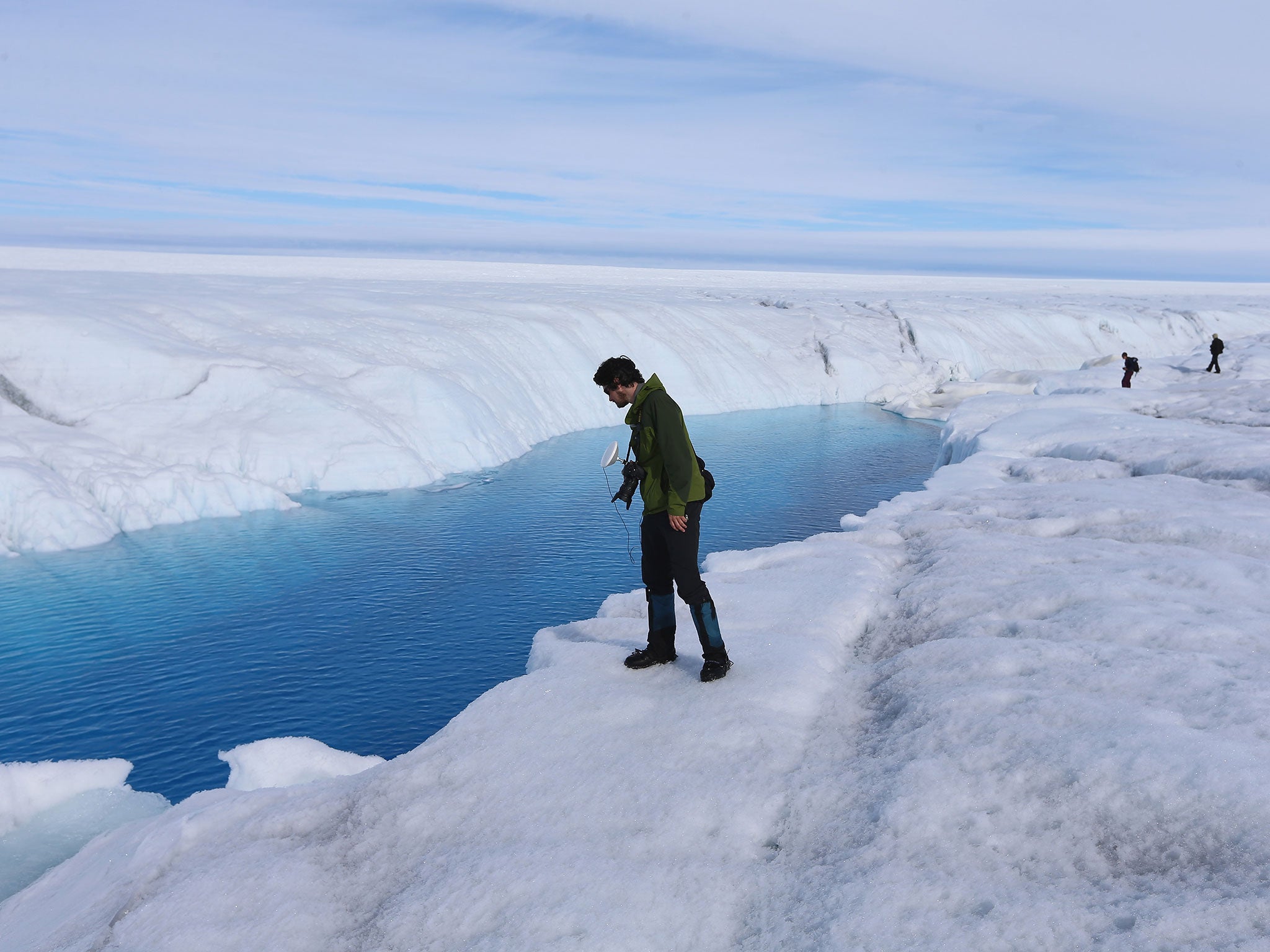It is a myth that global warming has slowed down
The true rate of global warming over the past 15 years has in fact probably been even higher because the warming of the Arctic has not been taken properly into account

One of the biggest canards of the climate sceptic movement is that global warming stopped after 1998 and there has been no appreciable increase in global average temperatures this century.
The Global Warming Policy Foundation, the British mouthpiece of climate scepticism, even has a logo of “21st Century Global Mean Temperatures” to depict a flat-lining of temperatures over the past 15 years – carefully ignoring everything prior.
The foundation, set up by Lord Lawson, a former Tory Chancellor who says that global warming has “ceased”, does not accept various truths: that the world is getting warmer, that human emissions of greenhouse gases are responsible, and that drastic policy measures are needed to “decarbonise” economies to avoid a 2C increase and the associated dangerous climate change.
The US National Oceanic and Atmospheric Administration (NOAA) exposes a major flaw in the argument that global warming has “stopped” or “slowed down”. Its review of land and sea surface temperatures is clear: the warming rate this century is as high as in the latter half of the 20th century.
The true rate of global warming over the past 15 years has in fact probably been even higher because the warming of the Arctic has not been taken properly into account because of the lack of weather stations in this remote region.
Of course 15 years is nothing in terms of the global climate. It is important to look at the longer term trends, which clearly indicate that over the past century or so average temperature have increased by about 0.8°C, which is quite significant given that the difference between now and the last ice age is only about 4°C.
Scientists will still argue over the details, but the bigger picture they are painting is one of rising global temperatures, rising concentrations of carbon dioxide, and increasing evidence that the world’s climate – from the poles to the equator – is responding to this change at our peril.


Join our commenting forum
Join thought-provoking conversations, follow other Independent readers and see their replies